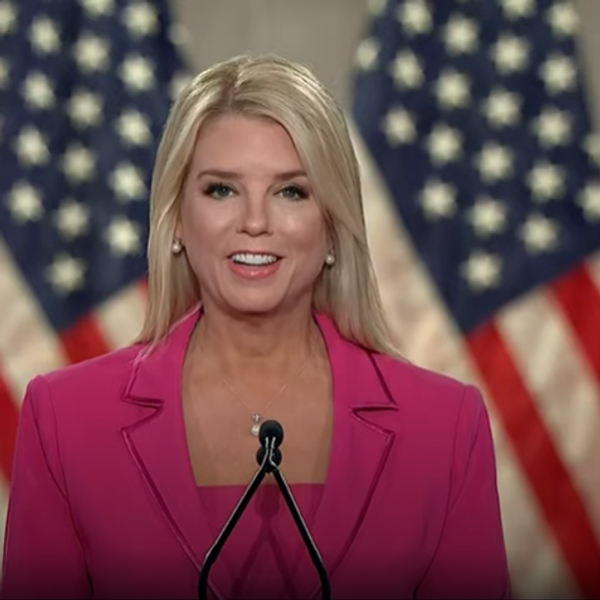December 2013, marked the end of a year that had seen significant strides for proponents of equal rights for gays. Over the previous 12 months, the number of states in which same-sex marriage is legal rose to 17.
Historic victories for gay couples came after the United States Supreme Court overturned much of the Defense of Marriage Act and California’s ban on same-sex marriage. The rulings in both cases reflect a changing attitude across the nation as Americans seem more accepting.
Since the rulings, gay couples and activists in states across the nation are advancing efforts to repeal bans and obtain the same benefits and protections offered to married heterosexual couples.
Though 2014 has a long way to go before it achieves as much progress as was made in 2013, advocates of marriage equality and gay rights are fighting in several states to bring the issue to the November ballot — and, in some cases, to federal courts.
Read on to learn which states are the most likely to legalize same-sex marriage next.
AFP Photo/Joel Saget
Oregon
This November, voters in Oregon will have the opportunity to legalize same-sex marriage, making their state the 18th in the nation to do so.
Marriage equality won’t be alone on the ballot, however. The ballot is also expected to include a measure that would allow businesses to refuse service to gay couples on the grounds of religious freedom — proof that progress is not always easy to come by, even in states that seem to be making positive strides.
Photo: Joebeone via Flickr
Ohio

The question of marriage equality will probably make it to the ballot in Ohio — where a 2013 Quinnipiac poll showed a majority of voters have come to support legalization — in 2016. But LGBT groups are hoping they can advance the issue by 2014.
The shift in support is notable, considering that 10 years ago, Ohio voters approved a constitutional ban on same-sex marriage.
Still, with changing attitudes among voters and a recent federal court ruling that ordered Ohio to recognize same-sex couples legally married in other states, equal rights for gay couples seem closer than ever in the Buckeye State.
AFP Photo/Justin Sullivan
Michigan
At the end of 2013, Vote Equal – formerly known as Marriage Michigan PAC – announced it would collect over 300,000 signatures and raise millions of dollars to put same-sex marriage on Michigan’s ballot by 2016.
Weeks later, on February 13, federal judge Bernard Friedman announced he would set aside “at least eight days” for a trial on Michigan’s ban. Still, overturning the ban does not necessarily mean same-sex marriage will be legalized, and the issue might have to meet the ballot anyway.
Even so, Michigan is considered as one of the likeliest states to legalize marriage equality, even if it takes two more years.
Photo: Liveintent via Flickr
Nevada
In Nevada, strides for gay rights are already being made. On February 10, the state dropped its legal defense of a ban on same-sex marriage.
Democratic attorney general Catherine Cortez Masto acknowledged that the legal landscape across the nation had changed, and there was no way to sustain the argument for the ban. Surprisingly, Masto was backed by Nevada’s Republican governor, Brian Sandoval, who said that “it has become clear that this case is no longer defensible in court.”
The decision to drop the defense of the ban does not legalize same-sex marriage in the state, but it does open the door for doing so in the coming years. And with 57 percent of Nevada voters voicing their opposition to the ban prior to Masto’s decision, it seems the state is poised to advance marriage equality if the issue ends up on the ballot in 2016.
Photo: Joe Shlabotnik via Flickr
Virginia
On February 4, Virginia’s ban on same-sex marriage was challenged in a federal court. The court is expected to make a decision soon, and the state’s new Democratic attorney general, Mark Herring, hopes the court rules to reverse the ban.
Herring’s own support reflects the 56 percent of Virginia voters who are now opposed to the ban, according to an October poll conducted by Christopher Newport University.
Another sign that the commonwealth is inching closer to legalizing same-sex marriage is newly elected state senator Jennifer Wexton, a Democrat who openly backed gay rights while running to replace Herring. With Wexton’s win, Democrats are now in control of Virginia’s Senate, opening the door for more LBGT-friendly legislation. They are sure to be backed by their fellow party member, Governor Terry McAuliffe..
AFP Photo/Scott Olson













